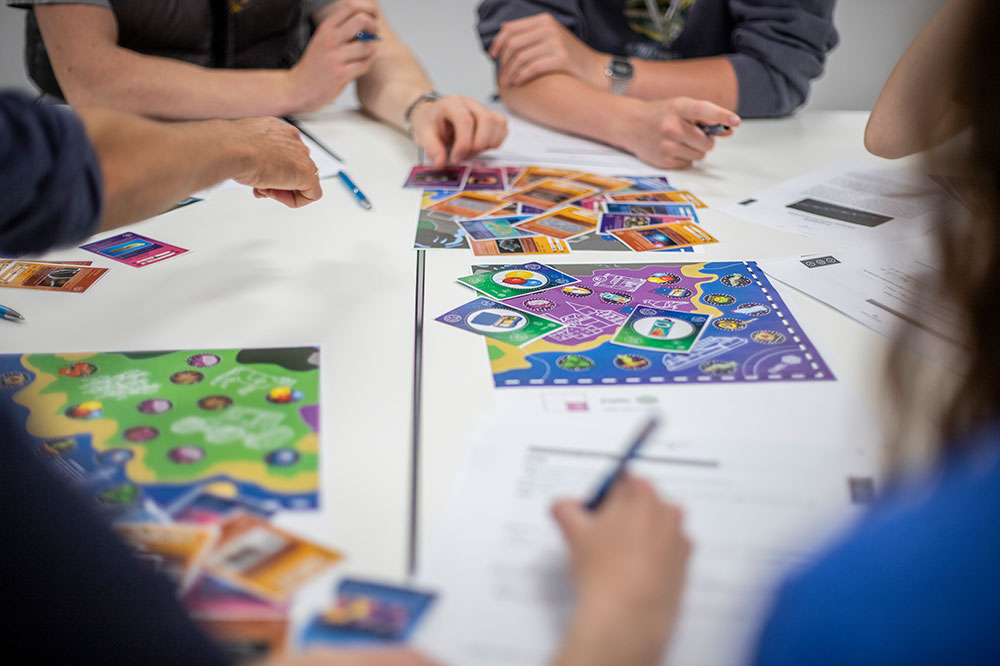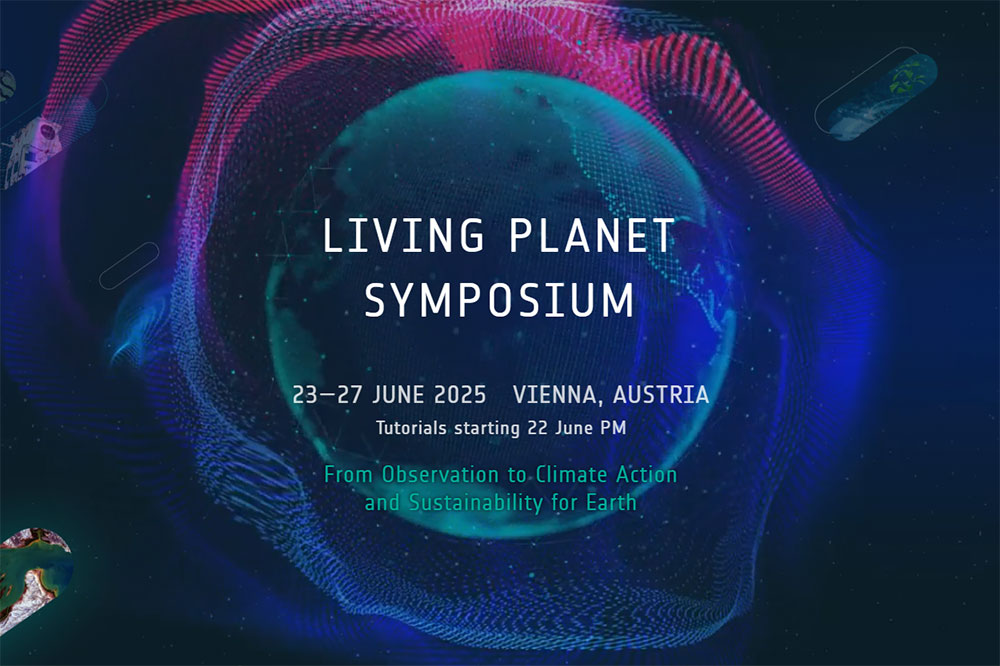
Image credit: Kinga Lubowiecka/EMBL
A scientific expedition to understand biodiversity and ecosystems along European coastlines
The European Molecular Biology Laboratory (EMBL) is leading the large pan European TREC (TRaversing European Coastlines) project which will sample at more than 120 coastal sites between April 2023 and June 2024, collaborating with The Tara Ocean Foundation together with The Tara Oceans Consortium and The EMBRC (European Marine Biological Resource Centre).The expedition is utilising the 36 metre schooner Tara which has been adapted into a floating laboratory with an onboard wet laboratory. HyperBOOST has installed state-of-the-art sensors to validate satellite data in relation to coastal biodiversity. It is one of several sub-projects to the expedition that is utilising the floating laboratory to improve understanding of coastal ecosystems
About the expedition







